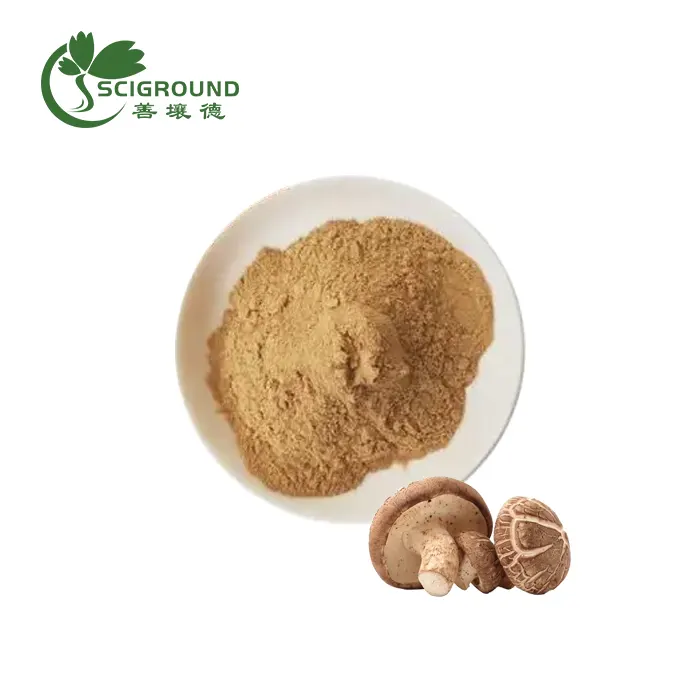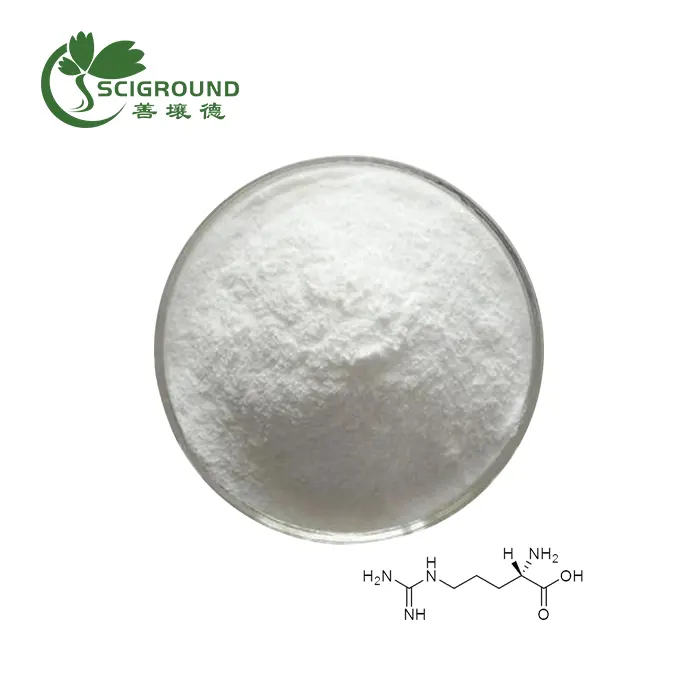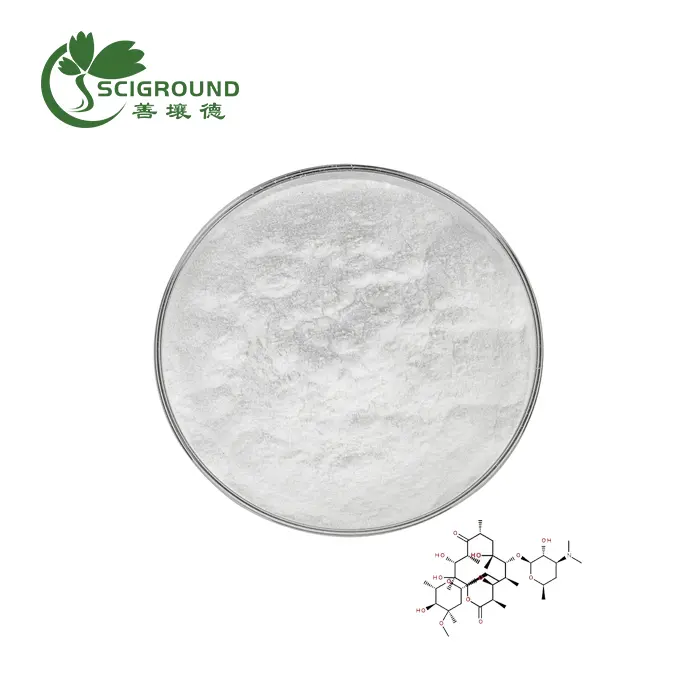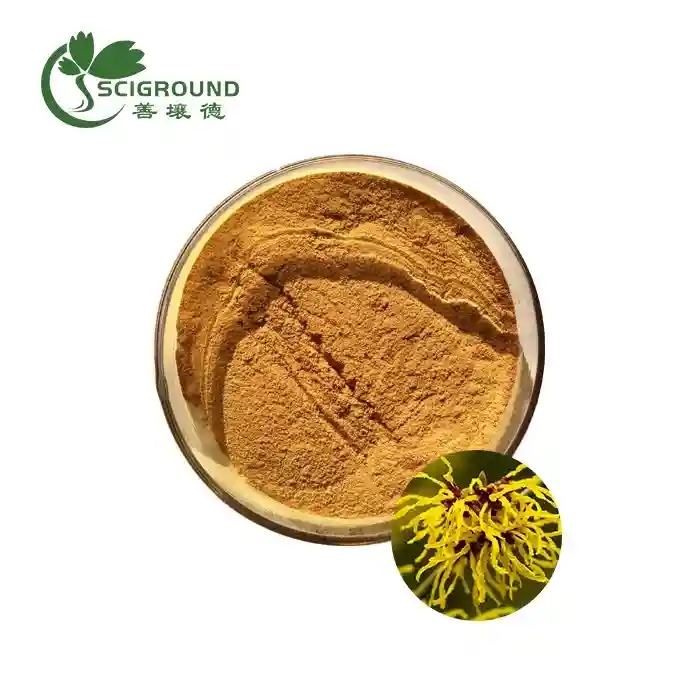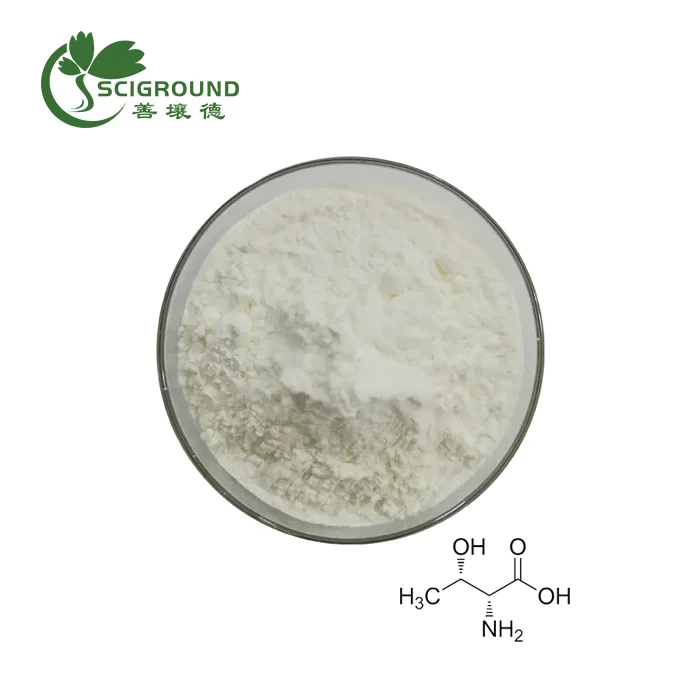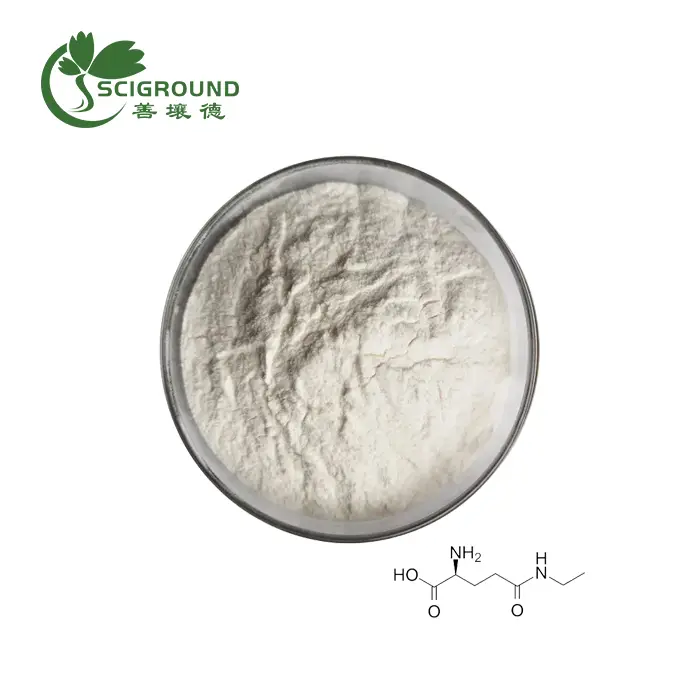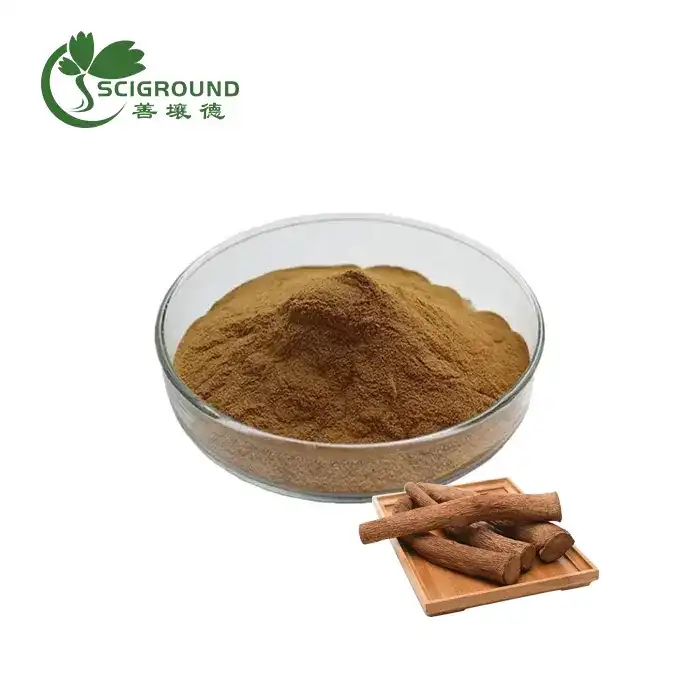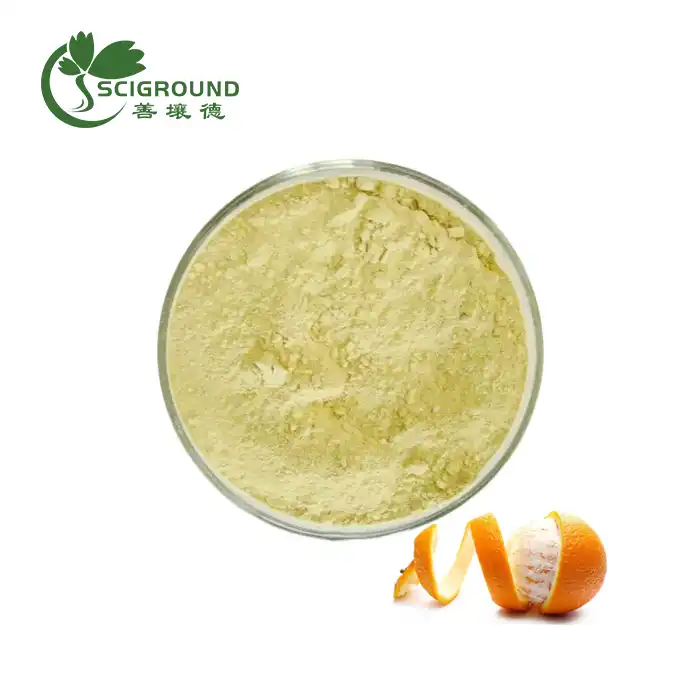Pea Protein Powder: The Answer to Your Fitness and Health Goals?
Pea protein powders has become an increasingly popular plant-based protein supplement in recent years. It is derived from yellow split peas and offers a range of potential health benefits for athletes, vegetarians, and anyone looking to boost their protein intake. In this blog post, we will delve into the latest research on pea protein powder, its nutritional value, and the scientific evidence behind its benefits.
What is Pea Protein Powder?
Pea protein powder is a dietary supplement made by extracting protein from yellow split peas. The powder, which is light beige in color and has a mild, nutty flavor, contains all nine essential amino acids and is considered a complete protein source.
Nutritional Value of Pea Protein Powder
Pea protein powder is a rich source of protein, with most brands containing around 20-25 grams of protein per serving. It is also low in fat and carbohydrates, making it an ideal choice for those following a low-carb or low-fat diet.
Pea protein powder is also high in iron, which is important for healthy blood oxygenation, as well as several other vitamins and minerals. Pea protein powder is also free from common allergens like dairy, soy, and gluten, making it a suitable choice for those with food intolerances or allergies.
Potential Health Benefits of Pea Protein Powder
1. Muscle Building and Recovery
Pea protein powder is a popular choice among athletes and bodybuilders due to its ability to support muscle growth and recovery. A study published in the Journal of the International Society of Sports Nutrition in 2015 found that pea protein was just as effective as whey protein in promoting muscle thickness and strength gains in resistance-trained men.
Another study published in the Journal of the American College of Nutrition in 2019 found that pea protein supplementation improved muscle thickness and strength gains in older men who engaged in resistance training.
One reason why pea protein may be effective in promoting muscle growth and recovery is its high leucine content. Leucine is an essential amino acid that plays a key role in stimulating muscle protein synthesis.
2. Weight Loss
Pea protein powder may also be beneficial for weight loss. A study published in the Journal of Nutrition and Metabolism in 2019 found that a pea protein supplement led to greater reductions in body fat and waist circumference compared to a placebo in overweight adults.
Another study published in the European Journal of Clinical Nutrition in 2020 found that pea protein supplementation led to greater reductions in appetite and food intake compared to whey protein.
One reason why pea protein may be effective in promoting weight loss is its high satiety value. Protein is known to be more satiating than carbohydrates or fats, and pea protein in particular has been shown to increase levels of certain satiety hormones like cholecystokinin and glucagon-like peptide-1.
3. Blood Sugar Regulation
Pea protein powder may also have a positive impact on blood sugar regulation. A study published in the journal Food Research International in 2018 found that pea protein supplementation improved markers of glucose control in overweight and obese adults.
Another study published in the British Journal of Nutrition in 2014 found that pea protein had a lower glycemic index compared to other protein sources like whey and casein, meaning it caused a slower and more sustained rise in blood sugar levels.
One reason why pea protein may be effective in regulating blood sugar levels is its high fiber content. Fiber slows down the absorption of glucose into the bloodstream, reducing the risk of spikes in blood sugar.
Safety and Precautions
Pea protein powder is generally considered safe for most people when taken in appropriate doses. However, there are some precautions to consider. Pea protein may interact with certain medications, including blood thinners and drugs used to treat hypertension. It is important to consult with a healthcare provider before starting any new supplement regimen.
Conclusion
Pea protein powder is a plant-based protein supplement that offers a range of potential health benefits. It is high in protein, low in fat and carbohydrates, and free from common allergens like dairy, soy, and gluten. Scientific research has shown that pea protein may be effective in promoting muscle growth and recovery, supporting weight loss, and regulating blood sugar levels. As always, it is important to consult with a healthcare provider before starting any new supplement regimen.
To purchase Pea protein powder, please contact Sciground at info@scigroundbio.com. Our experienced team will be happy to assist you in finding the best mushroom extract product to suit your needs.
Related Industry Knowledge
- How many benefits in Organic Ginger Powder?
- What is a good brown rice protein powder
- How to Make Alfalfa Extract
- How do you increase curcumin absorption?
- how to make pumpkin seed protein powder
- How much capsaicin should i take?
- How much vitamin b6 for luteal phase defect
- Mulberry Leaves Extract Powder: A Superfood for Your Health
- Gynostemma Pentaphyllum Saponin: Nature's Powerful Health Elixir
- Can I take vitamin B1 every day?
